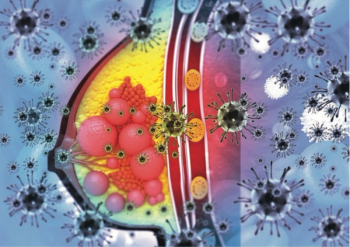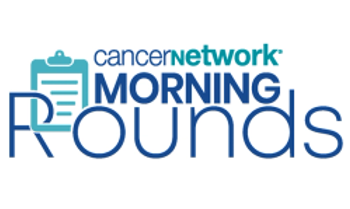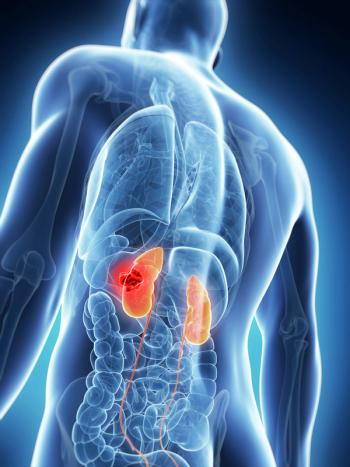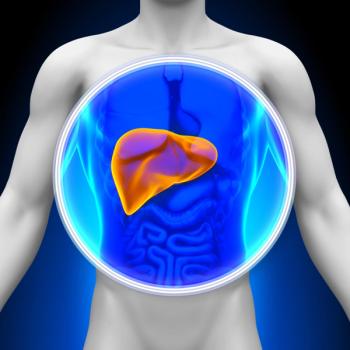
Data support revisiting goals of care conversations with patients with very advanced cancer who have significantly progressed with their disease.

Your AI-Trained Oncology Knowledge Connection!


Data support revisiting goals of care conversations with patients with very advanced cancer who have significantly progressed with their disease.



Treatment with complete mesocolic excision appears to reduce the length of hospital stay compared with conventional surgery in right colon cancer.

Data from the phase 2 RAMP 201 trial may support the potential accelerated approval of avutometinib/defactinib in KRAS-mutated LGSOC.

Investigators may continue to reevaluate the benefits of the AI navigator MyEleanor over time in other patient populations.

Access to fertility preservation may help mitigate toxicity associated with chemotherapy and other agents in those with breast cancer.

Despite increased education on autologous HCT, a lower rate of Black patients with multiple myeloma undergo treatment.

Rates of HPV-related cancers may be decreased in patients under 40 have received an HPV vaccine.

Findings may support reconsideration of guideline recommendations concerning the use of estrogen alone in postmenopausal individuals.

Findings may support bilateral mastectomy as an alternative for symmetry following unilateral mastectomy for breast cancer.


Investigators aim to identify a clinically useful and safe dose of Illuminare-1 for future studies in surgical cancer care.

Advanced practice providers focus on the case of a patient diagnosed with multiple myeloma who lives in a rural area with limited access to care.

Fumiko Chino, MD, discusses how recent findings of talcum powder use were linked to ovarian cancer.

Nivolumab plus ipilimumab has shown a response benefit when given at an increased dose for those with metastatic urothelial carcinoma.

Hans Hammers, MD, and his team discuss the most pertinent treatment options for patients with renal cell carcinoma.

Higher response rates with T-DXd occurred in patients with gastric cancer and plasma HER2 amplification in circulating tumor DNA in the DESTINY-Gatric01 trial.


Phase 1b data support the promising therapeutic benefit of vepdegestrant/palbociclib in ER-positive breast cancer regardless of ESR1 mutation status.

The NEOpredict-Lung trial met its primary end point with nivolumab plus relatlimab for patients with resectable non–small cell lung cancer.

Data from the ALLELE trial support the application for tabelecleucel in patients with EBV-positive post-transplant lymphoproliferative disease.

Data from the INAVO120 trial support the breakthrough therapy designation for inavolisib in PIK3CA-mutated, HR-positive, HER2-negative breast cancer.

Ted A. James, MD, MHCM, FACS, spoke about integrating artificial intelligence into oncology care.

Neil M. Iyengar, MD, spoke about the importance of exercise oncology and how it may play a role in positive treatment outcomes for breast cancer.

Developers voluntarily request withdrawal of accelerated approval status for infigratinib as a treatment for FGFR2-positive cholangiocarcinoma.

Kirollos S. Hanna, PharmD, BCPS, BCOP, FACCC, gives his perspective on the approval of enfortumab vedotin plus pembrolizumab for patients with urothelial carcinoma.

The agency issues a complete response letter for the combination due to deficiencies associated with a manufacturing site inspection.

Neil M. Iyengar, MD, spoke about the potential impact of exercise on patient-reported outcomes in cancer and achieving work-life balance.
